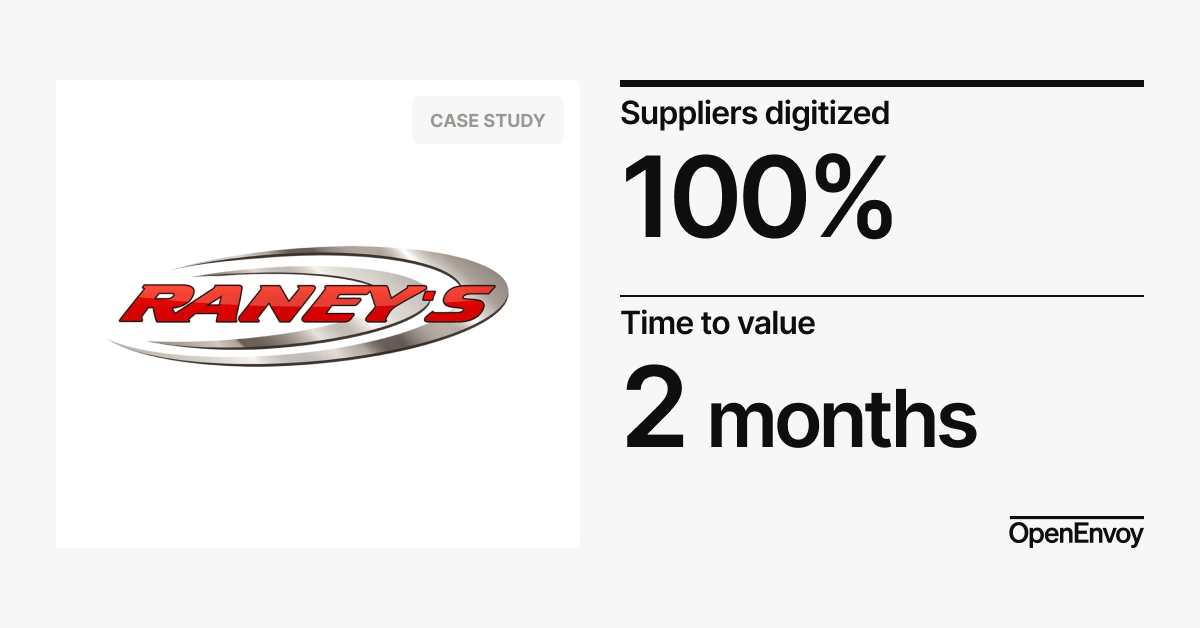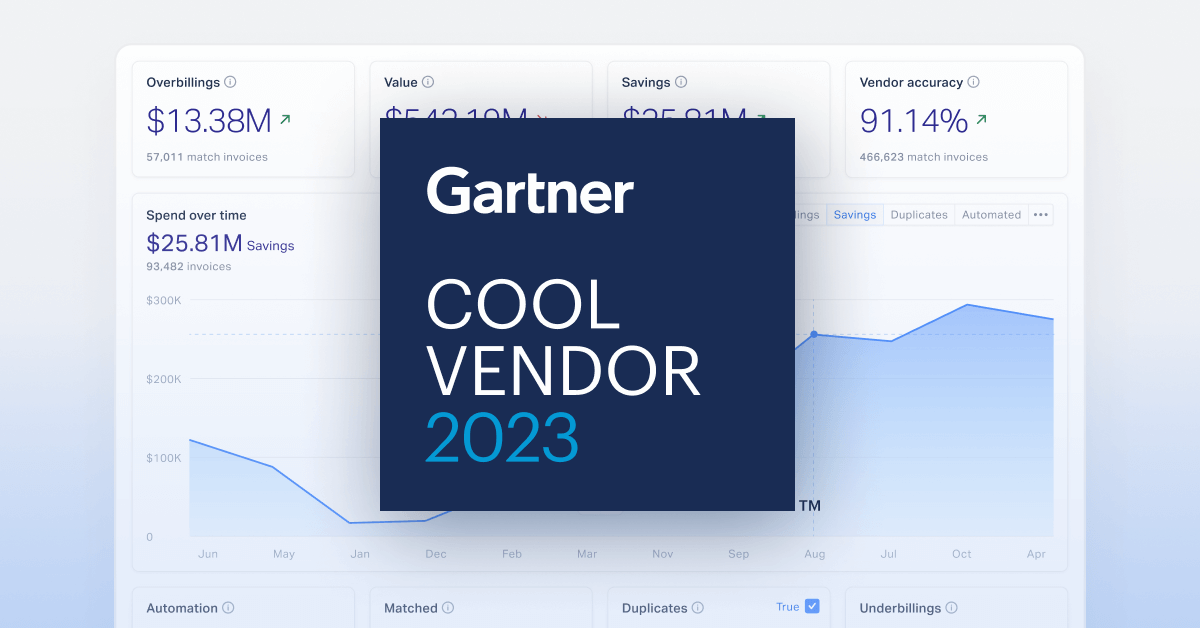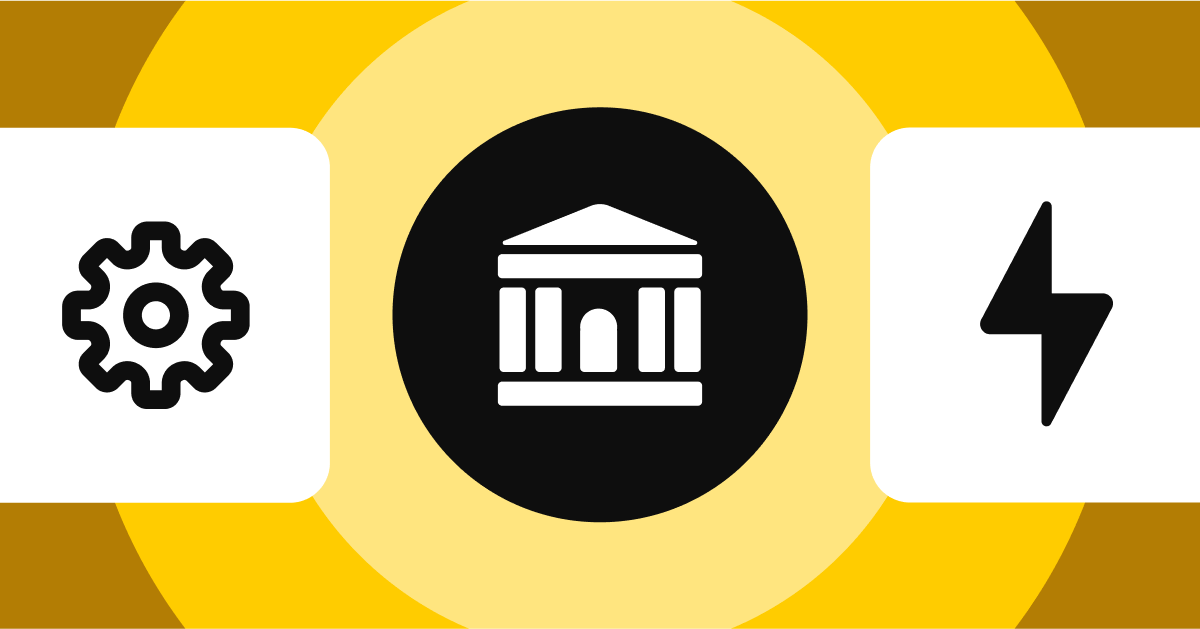-1.jpeg)

Accounting has quickly shifted into a new era leaving behind the days of seemingly endless numbers and analog strategies. In the past decade, digital tools and data-driven analysis have completely transformed the field, which has positioned accountants to become more dynamic, agile, and creative than ever before.
First, we must understand how accounting processes impact businesses and the profession's future. In short, the industry has been through many changes in recent years, and those changes are only accelerating.
What do these changes mean for your teams and organization?
Driving Digital Transformation
The days of sifting through mountains of paper documents and manual number-crunching are long gone. Thanks to digital transformation, accountants now have access to an ever-growing wealth of data and tools that they can use to streamline processes. Technology like real-time accounting automation improves accuracy and drives agile decision-making. Modern finance teams use technology to do mundane work more efficiently and effectively.
Willingness to Try New Technology
In the past, many accountants were hesitant to embrace new technology. After all, if it isn't broken, why fix it? But as the profession has progressed, so has the mindset of those within it. Nowadays, more and more accountants are forward-focused and open to trying new tech solutions that can make their work easier.
In fact, according to a recent survey, nearly half (47%) of accountants say they are adventurous and open to trying new technology. In addition, accounting professionals voiced wanting to spend more time on collaborative work with the desire to shift their focus from reactive to proactive. This is a marked change from just a few years ago, poised to impact the profession significantly. As new tools and technologies enter the market, those who are willing to experiment with them will reap benefits like leadership opportunities, career advancement and more.
Newfound Emphasis on Collaboration
Many accountants previously operated in silos, working independently with minimal cross-departmental interaction. As the profession has shifted, so has the way accountants work. Today, there is a much greater emphasis on collaboration between accounting teams and other stakeholders. All business units need access to the real-time insights accounting can provide. In an increasingly complex business landscape, the shift towards digital is driven by the need for greater efficiency and accuracy. But it's also a result of the changing nature of work, which is becoming more global and interconnected.
Pivot from Traditional Roles
The traditional role of accounting has expanded significantly in recent years. As businesses become more complex and competitive, business leaders look to the finance function for strategic insights beyond numbers. As a result, accountants provide forward-looking advice to help organizations make informed decisions about capital allocation, growth initiatives, and operational efficiency. With the need for increasingly more strategic and consultative roles within organizations, accounting teams work with colleagues to identify opportunities, solve problems and drive growth.
Creating an Impact
Accounting professionals have an increased focus on making an impact. Thanks to digital tools and data, they can now offer expert financial guidance to their leaders and peers. So whether it's helping a company reduce its carbon footprint or increase its social responsibility, accountants are uniquely positioned to make a difference that extends far beyond the balance sheet.
Though the fundamental accounting skills - math, analysis, and attention to detail - remain as important as ever, the application of those skills has changed dramatically. What was once a largely reactive profession has become focused on using initiative and innovation to support an enterprise's success.
And it's already become quite clear - those who can embrace change and adapt will be the ones who succeed in the years to come.
Serious about protecting your cashflow?















